Library
The Library provides a growing collection of resources and services for faculty, students and staff to support the teaching and learning process of the School. In addition to books and print journals, the library subscribes to a number of databases, providing access to hundreds of journal titles. Other electronic materials are also available.
Facilities include a large Reading Room, equipped with computers, Periodicals Section, Faculty Lounge, Computer Room and a seminar room. An Audio-Visual Center provides audio-visual equipment and materials to support instructional activities.
For information about the collections, the catalogue, borrowing privileges, rules and regulations contact Librarian.
Online Resources
ARRS GoldMiner: Uses sophisticated techniques to discover medical concepts in free-text figure captions, and uses that information to quickly retrieve relevant images.
American Society of Hematology (ASH) Image Bank: The American Society of Hematology (ASH) Image Bank is intended to serve as a comprehensive reference and teaching tool that is widely accessible to physicians and hematology students around the world. The images are presented in a digital, case-based format that allows both the images and text to be searched, cross-referenced, and hyper-linked to other cases as well as other educational resources, including Hematology, the Society's annual meeting Education Program Book, the ASH Teaching Cases and the syllabus from the ASH Self-Assessment Program. In addition to the case studies, the Image Bank includes a collection of basic atlas image.
Directory of Open Access Journals: Directory of Open Access Journals. This service covers free, full text, quality controlled scientific and scholarly journals. We aim to cover all subjects and languages. There are now 5757 journals in the directory. Currently 2460 journals are searchable at article level. As of today 483878 articles are included in the DOAJ service.
Drug Digest: DrugDigest is a noncommercial, evidence-based, consumer health and drug information site dedicated to empowering consumers to make informed choices about drugs and treatment options.
Drugs@FDA: Drugs@FDA allows you to search for official information about FDA approved brand name and generic drugs and therapeutic biological products.
ClinicalTrails: ClinicalTrials.gov is a registry of federally and privately supported clinical trials conducted in the United States and around the world. ClinicalTrials.gov gives you information about a trial's purpose, who may participate, locations, and phone numbers for more details. This information should be used in conjunction with advice from health care professionals.
Electronic Orange Book: Since February 2005, Electronic Orange Book has been providing daily Electronic Orange Book (EOB) product information for new generic drug approvals.
EMedicine: Contains articles on 7,000 diseases and disorders.
Entrez: Cross-database life sciences search engine.
ERIC - Education Resources Information Center: ERIC - the Education Resources Information Center - is an online digital library of education research and information. ERIC is sponsored by the Institute of Education Sciences (IES) of the U.S. Department of Education. ERIC provides ready access to education literature to support the use of educational research and information to improve practice in learning, teaching, educational decision-making, and research.
Free Medical Books: Unrestricted free online access to books in full-text.
Medicalstudent: A digital library of authoritative medical information for the medical student and all students of medicine.
MediLexicon: MediLexicon contains searches, information, news and resources for the medical, pharmaceutical and healthcare professional. The following medical searches, medical dictionary listings, and resources are available for free use within this website.
NCBI Bookshelf: A growing collection of biomedical books.
NLM Drug Information Portal: Gateway to current drug information from National Library of Medicine.
OMIM - Online Mendelian Inheritance in Man : OMIM is a comprehensive, authoritative, and timely compendium of human genes and genetic phenotypes. The full-text, referenced overviews in OMIM contain information on all known mendelian disorders and over 12,000 genes. OMIM focuses on the relationship between phenotype and genotype. It is updated daily, and the entries contain copious links to other genetics resources.
PDQ (Physician Data Query): PDQ (Physician Data Query) is NCI's comprehensive cancer database. It contains summaries on a wide range of cancer topics; a registry of 8,000+ open and 19,000+ closed cancer clinical trials from around the world; and a directory of professionals who provide genetics services. PDQ also contains the NCI Dictionary of Cancer Terms, with definitions for 6,800+ cancer and medical terms, and the NCI Drug Dictionary, which has information on 2,300+ agents used in the treatment of cancer or cancer-related conditions.
Public Library of Science (PLoS): The Public Library of Science (PLoS) is a nonprofit organization of scientists and physicians committed to making the world's scientific and medical literature a public resource.
PubMed Central (PMC): PCM is the U.S. National Institutes of Health (NIH) free digital archive of biomedical and life sciences journal literature.
PubMed: PubMed comprises more than 20 million citations for biomedical literature from MEDLINE, life science journals, and online books. Citations may include links to full-text content from PubMed Central and publisher web sites.
REHABDATA: REHABDATA, produced by the National Rehabilitation Information Center, is the leading literature database on disability and rehabilitation. The database describes over 70,000 documents covering physical, mental, and psychiatric disabilities, independent living, vocational rehabilitation, special education, assistive technology, law, employment, and other issues as they relate to people with disabilities. The collection spans 1956 to the present.
REPORT (Research Portfolio Online Reporting Tools): Reports, data and analyses of NIH research activities, replaces.
ScanGrants: A public service listing of grants and other funding types to support health research, programs, and scholarship.
Science.gov: Search across U.S. federal government science databases and websites.
TOXLINE: Provides references from Toxicology literature.
TOXNET: Databases on toxicology, hazardous chemicals, environmental health, and toxic releases.
TRIP Database: The TRIP Database is a clinical search tool designed to allow health professionals to rapidly identify the highest quality clinical evidence for clinical practice.
Twease: Twease is a web-based tool to search Medline abstracts. Twease indexes each word of Medline and provides features that can transparently expand your search to help find the information you are looking for.
WISE-MD: WISE-MD is a series of web-based modules for surgical education.
WISER: WISER is a system designed to assist first responders in hazardous material incidents. WISER provides a wide range of information on hazardous substances, including substance identification support, physical characteristics, human health information, and containment and suppression advice.
WorldCat (OCLC): Joint catalog of libraries worldwide.

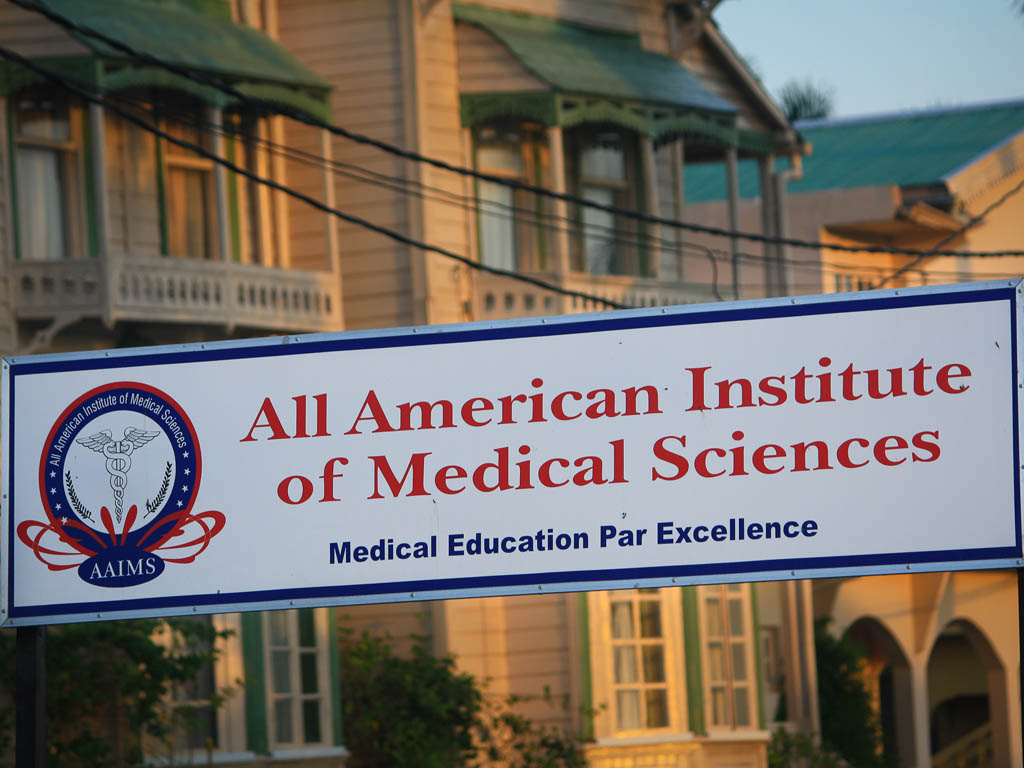
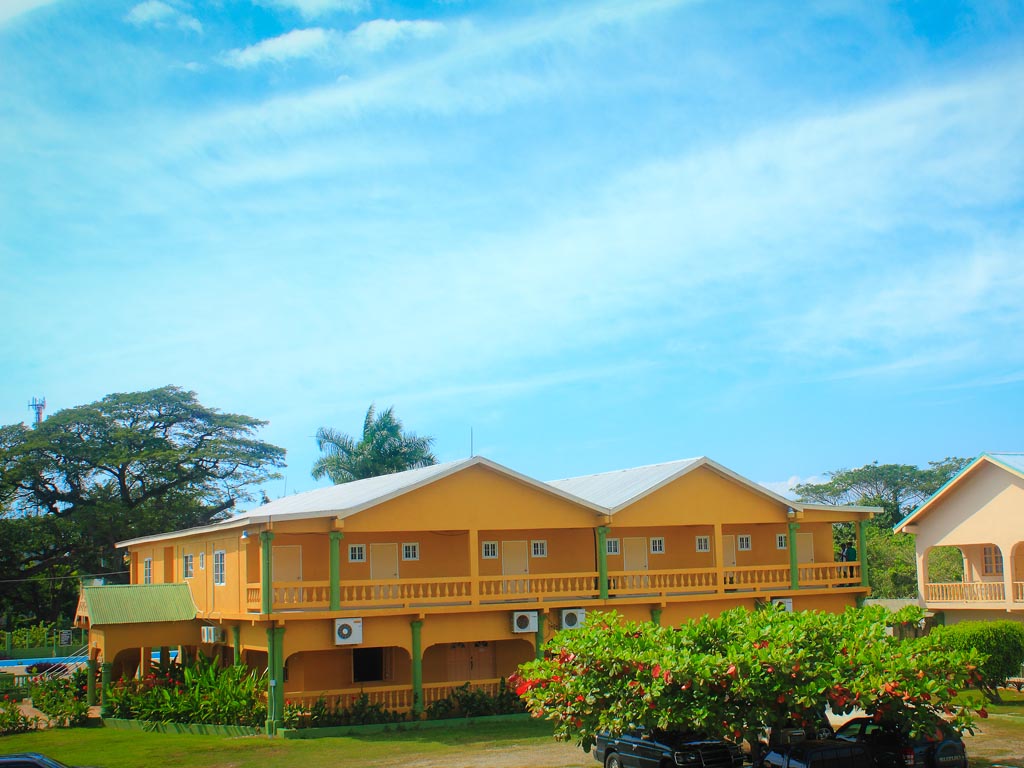
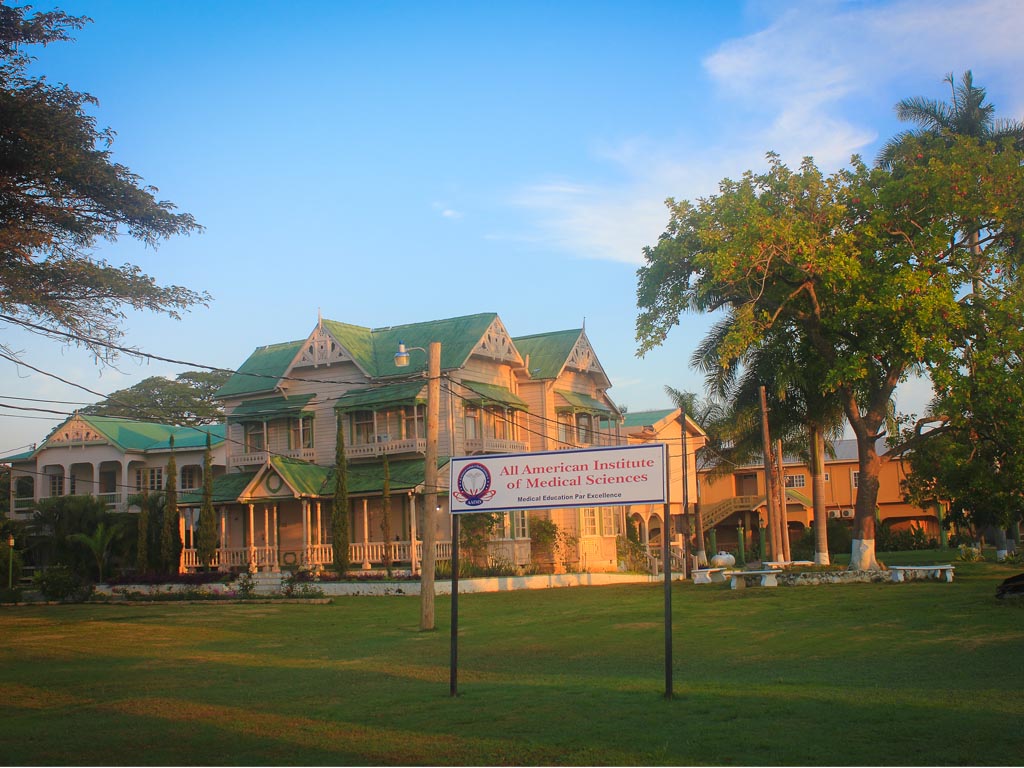
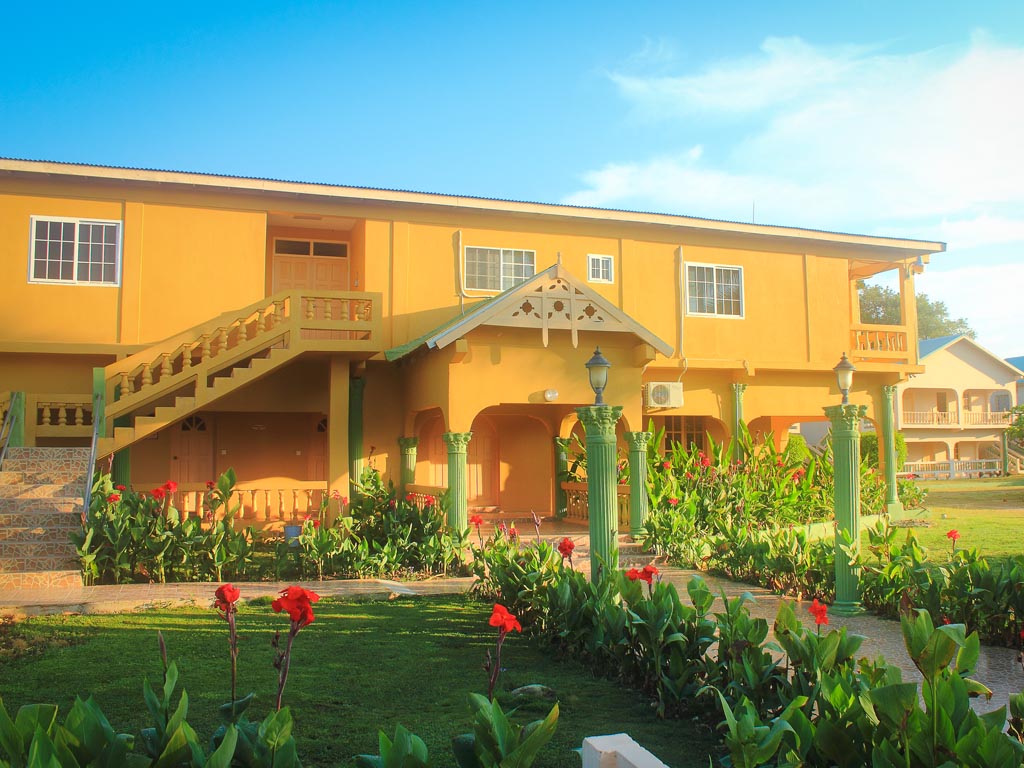
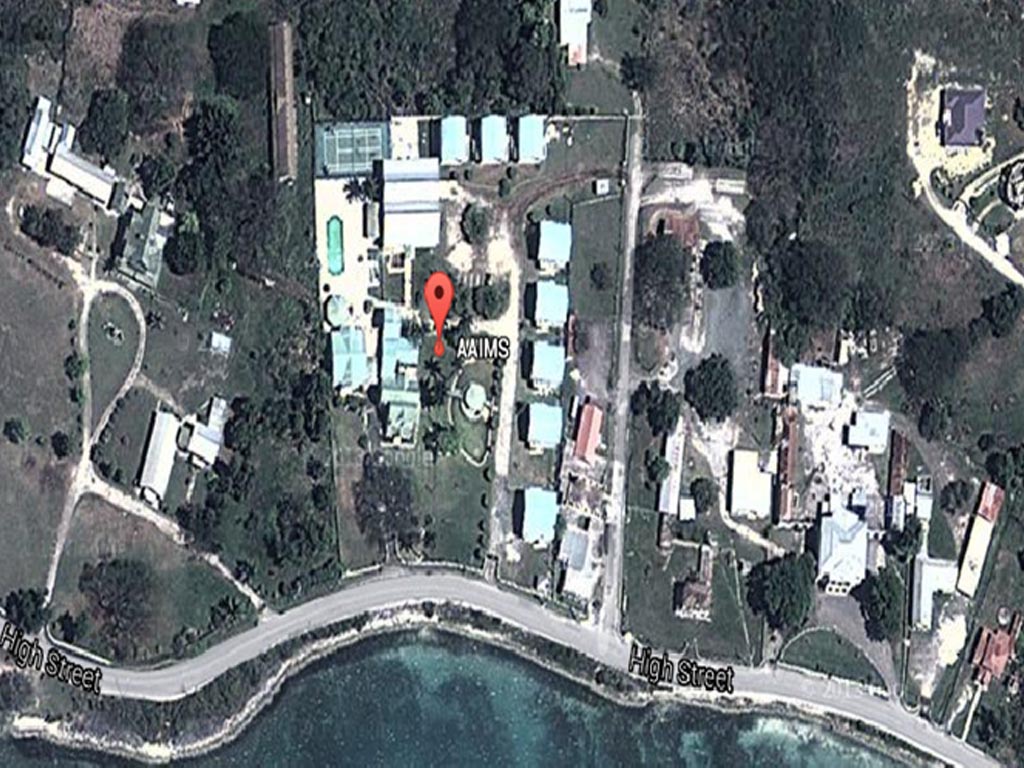



























 Designed by Reyone
Designed by Reyone